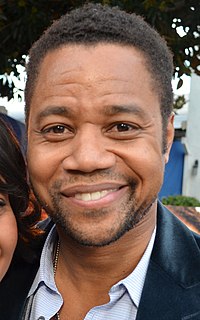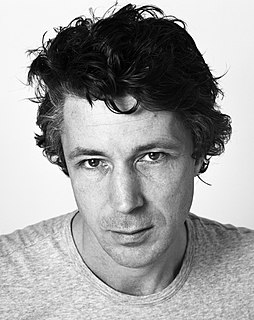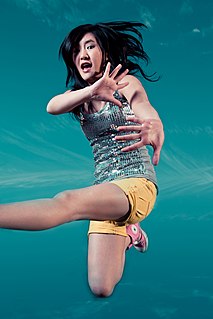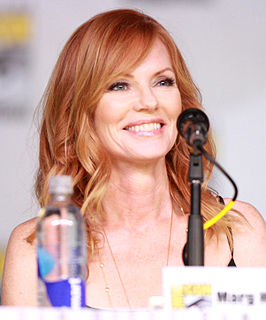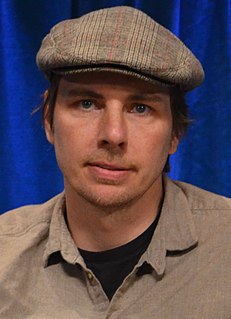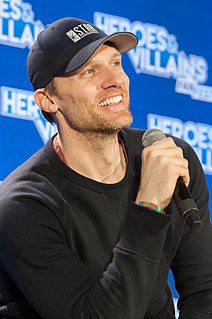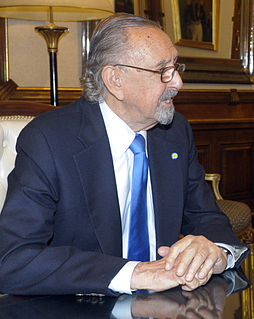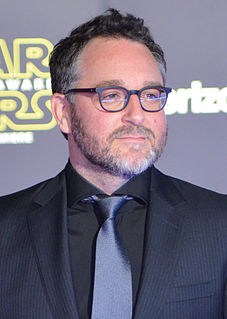A Quote by Chiwetel Ejiofor
I had done a couple of auditions for 'Amistad' and didn't feel it was going to go any further - and then the call came about heading to Los Angeles to work with Steven Spielberg. It was surreal: exciting, challenging, overwhelming.
Related Quotes
When I won the Oscar, I fell into that mind-set that this is a precious role. People everywhere were shouting, 'Show me the money!' I just didn't want anything that could parody the fact that I was like a tagline in a movie. So when Steven Spielberg offered me 'Amistad,' I said no; when 'Hotel Rwanda' came along, I said no.
When I first moved to Los Angeles I came down there on a wing and a prayer in a way. I had about six weeks worth of money to make it there and that was just from doing a couple of episodes of the X-Files just to finance that trip. I got there and it is either you got to hit it or you got to go and, thankfully, I found a job.
I came out to Los Angeles for a couple of meetings in the summer of 2005, and I ended up getting a movie called Firehouse Dog for Fox. And I thought, "Oh, man. I'm doing a movie. Maybe I'll work a lot more now. I'm an actor now." Then, for eight, nine months I didn't work after that. After that movie, I began to get some guest star roles, fairly consistently, but because I had been so presumptuous before in thinking that the other jobs would lead to something, I realized: "Just get up. Go to work. Go home. This is your job just like everyone else's job."
I had come from Los Angeles - I had been there a partner of Gruen Associates, a large Los Angeles firm - and when the possibility of becoming a dean at Yale came, it was a very appropriate moment in my life. I was interested in a number of issues that I could not pursue while in a firm like Gruen's.




